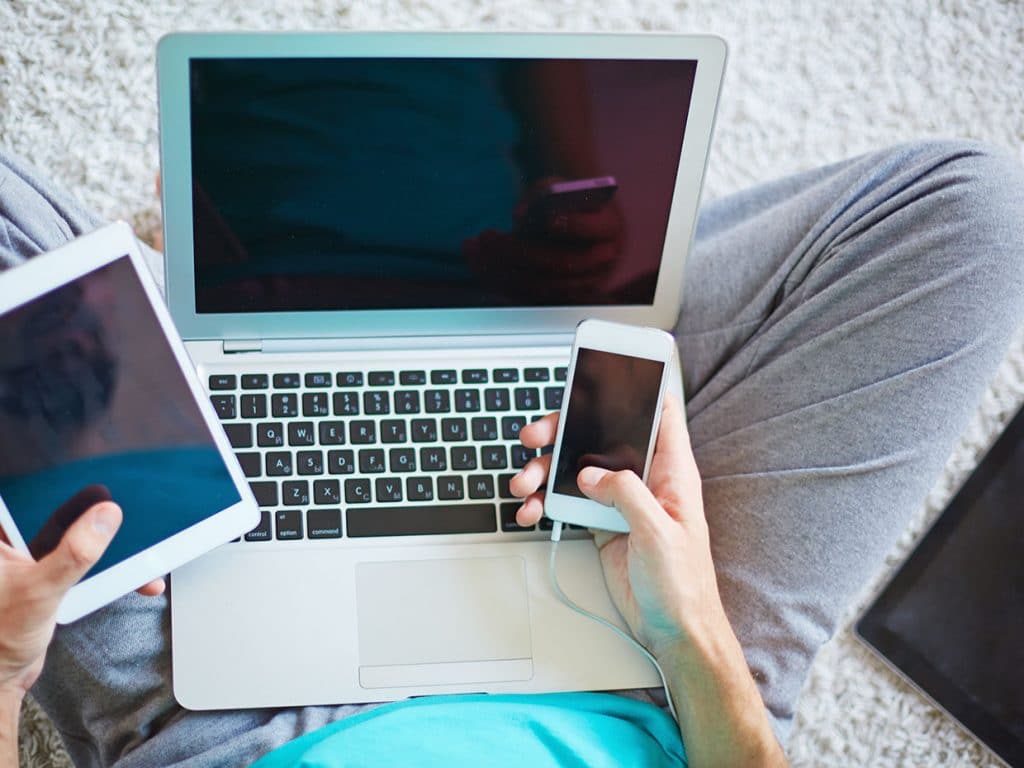Digital addiction is real, my friends. In this age, we’ve all flirted with it or have a case of it ourselves. It’s also evident just about everywhere you go–people are just staring at their laptop, phone, tablet, you name it! While tech has made it far easier to connect globally, it does come at a steep cost: it might boost anxiety and stress.
The longer you are on your devices, the more you’re enabling the larger tech firms to profit. Because of this, many programs and apps are designed to offer feedback, boost your engagement and your foster your dependence. As a result, many people now struggle with anxiety and stress whenever they are separated from their digital world.
Too much cellphone use can also add to conditions such as depression, sleep trouble and other issues. If, for example, you struggle to unplug from the web, it could be costing your focus and taking a toll on your cognition. Lack of in-person human interaction also carries another steep price in the form of loneliness, with one Francisco State University study finding that student participants who used their phones the most also reported the highest levels of anxiety, isolation, loneliness and depression (https://www.sciencedaily.com/releases/2018/04/180411161316.htm).
If you’re starting to feel a bit like you may be on your phone or the web just a little too often, there are things you can do to help cut back and break the cycle, so to speak. If, for example, you’re always shopping online, try going to an actual store to buy what you need. This gets you moving and allows for social interaction, and you may just help your budget, too, since it’s harder to buy as many things when you’ll be carrying them to your car and/or into your home. Turn off your device notifications for a while so you’re not tempted to look at your phone as often due to the sound.
If you’re not doing this already, try to have some “off” times in your home. This is a set time period, such as two hours, where you don’t use any electronic devices. You can read a newspaper, magazine or book, write or engage with your family in things such as board games, outside fun or cooking.
It can be tough to unplug once you’re in the habit of using devices constantly, but it is possible. More importantly, it may be important for your mental and physical well being.




